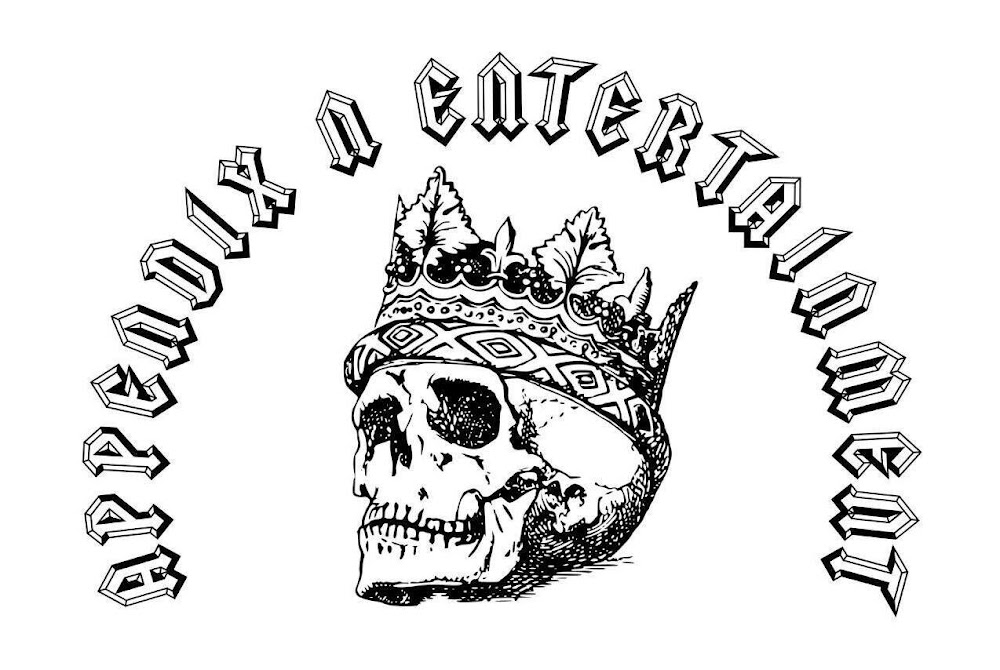Optional
Attribute
Power
My Optional Rules
contain several optional attributes that have been created or
harvested from various sources and honed to fit the game. Power was
chosen to be presented for this work as it is directly related to the
nature of magic.
Power
Roll 3d6 for your character's
Power score. A high Power level means that your character is in tune
with the subtle forces of magic, ley lines, power source and the
barriers and veils between the many planes of existence. As an
optional attribute it is not the prime attribute of any class. The
Power score might also measure the power of the character's mystical
aura.
There are several ways in which
the Power attribute can be applied in the game. The first of these is
as a modifier to Saving Throws vs. Magic, per the Power Table below.
This may be because the aura of the character is strong and deflects
the magic being used upon her or because the sixth sense of the
character picks up on the magic being used, causing other defenses to
begin working.
Second,
since power measures a character's sensitivity to magic, the referee
might rule that an attribute check might be able to be made to
determine magical auras, as per the Detect Magic spell. This might
only apply to those with a high power score, or it may merely require
a check. The way in which such a check is made is up to the referee.
It may entail rolling lower than the character's ability score using
3d6 or 1d20. Furthermore, as a house rule in the creation of this
attribute, the power of the magic in question is taken into account.
The “level” of power of the magic is deducted from the score of
the detector and this creates the target number to roll in order to
perceive the magic. For example a character with 15 Power has a
chance to detect an assassin that has been rendered invisible. Mind
you that the character will not innately know that there is an
invisible assassin, but will know that something magical is afoot. We
will presume that the spell Invisibility
was
used on the assassin. Invisibility
is a 2nd
Level Magic-User spell. Thus the referee subtracts 2 from the
character's score of 15. The target number to beat will be 13. The
player is told to throw 1d20, but not told why. 13 is rolled on the
nose. The character realizes that something magical is afoot, and
that roughly where it is, but not exactly what it is.
In the same example we can make
things more interesting. The referee might rule that more information
is gleaned, via the character's Power for each number below the
target number that is rolled. Let us assume that that a 9 is rolled
instead of a 13. The referee might now rule that the character is
also aware of roughly how powerful the magic at hand is. Presuming
that character roles lower, let's go all the way to a natural 1 on
the roll, the referee might even give insight as to what spell is
afoot!
A
referee might also rule that highly sensitive characters, that is to
say those with a high Power score, might also suffer in the presence
of very powerful magic, if they are not used to it's presence. If
this is the case a saving throw might be required when such a
character is exposed to magic equivalent to spells above 6th
level. Ill effects for failing such a save may result in anything
from being momentarily stunned and unable to act for a round to
seizures that might result in the loss of multiple rounds and
potential damage.
The third function that Power can
be used for is to retrieve a spell that is cast. As is known, arcane
magic functions by trapping a spell in the brain of the magic-user.
The spell WANTS to be released. When the spell is cast it's effects
take place and it is gone from the magic-user's mind. It is possible,
using one's power, to retain a spell as it is being cast, allowing
it's effects to take place, but effectively pulling it back into the
mind of the magic-user.
A
spellcaster may attempt to retain a number of spell levels per day
equal to her caster level. At the time of the casting the magician
must make a Power check less the spell level. If the check is made
the spell is retained and may be cast again that day. If the check is
failed the spell is lost as normal. If the check is failed the
attempt still counts against the casters retaining attempts for that
day. To give an example: a 3rd
level sorcerer may attempt to retain three 1st
level spells or one 1st
level spell and one 2nd
level spell.
